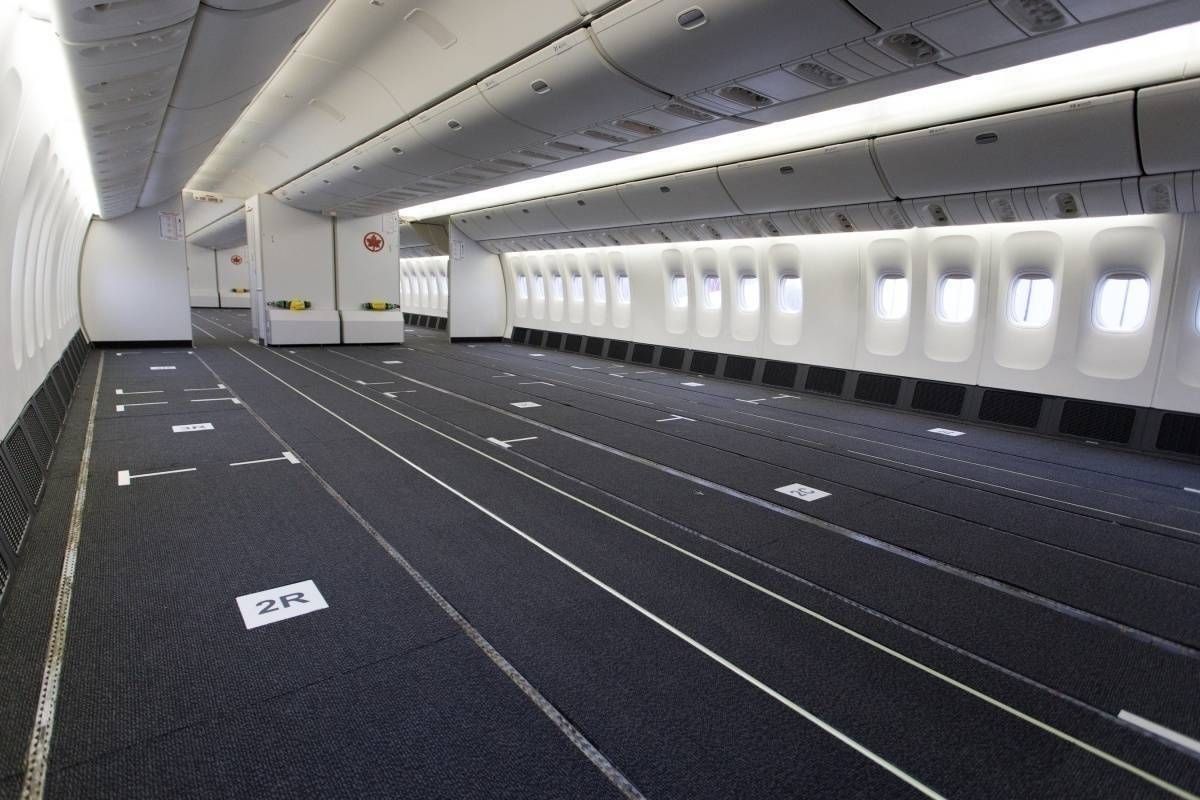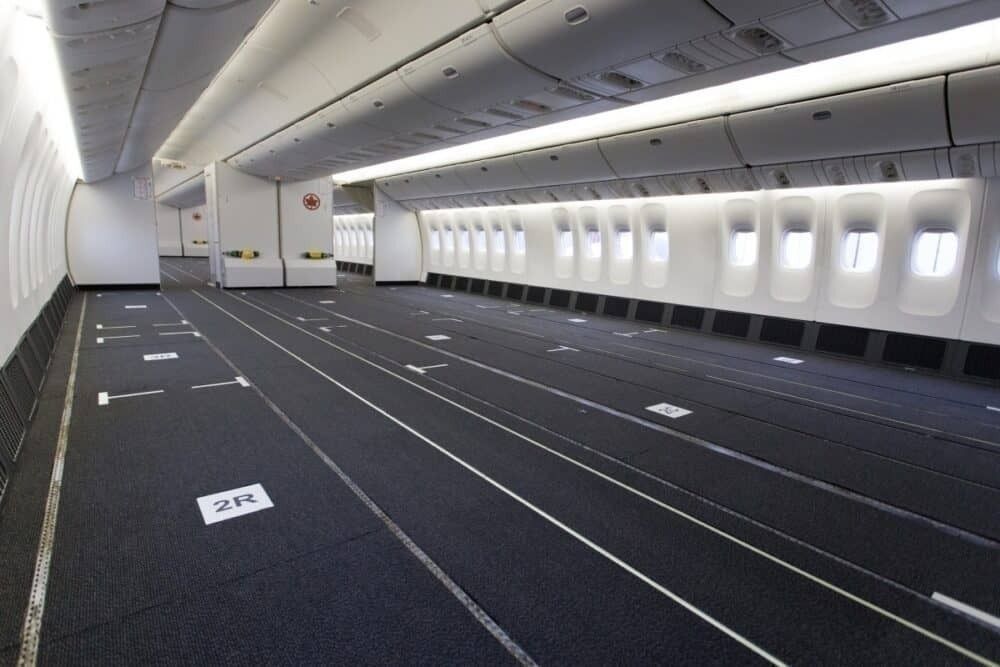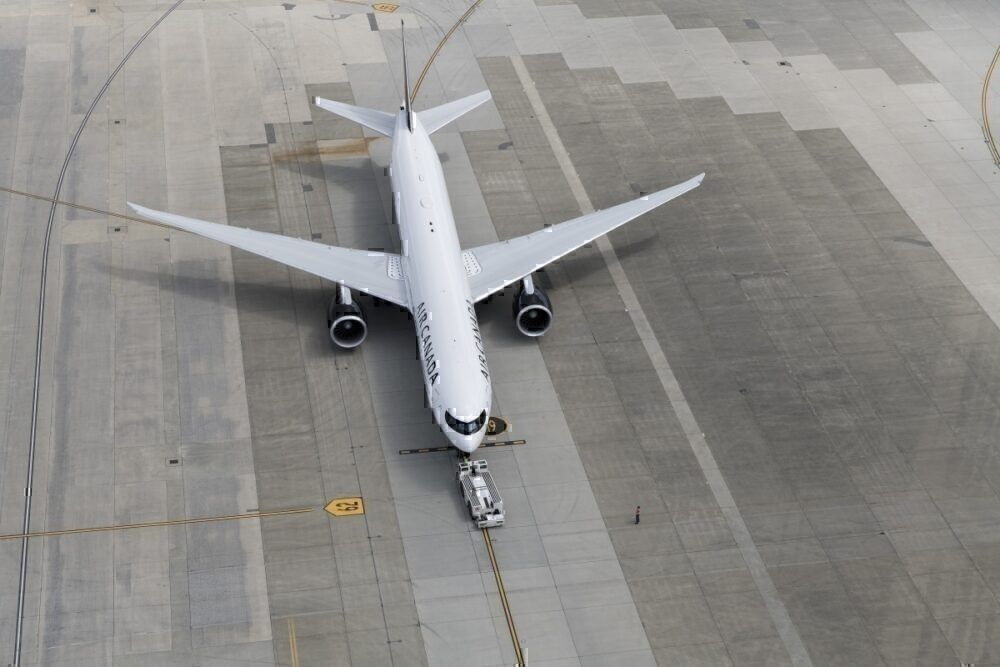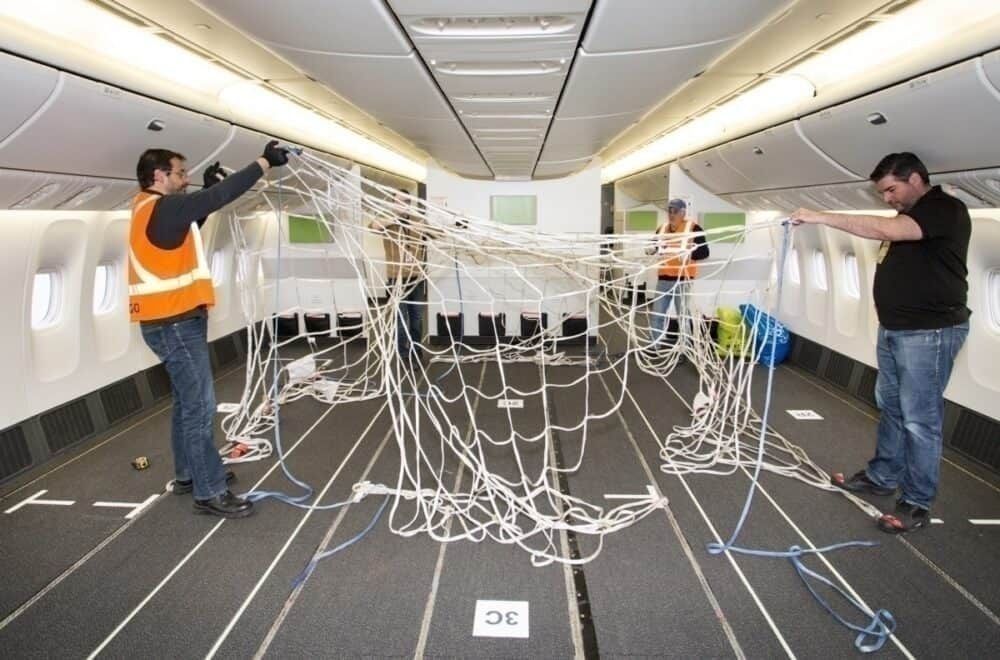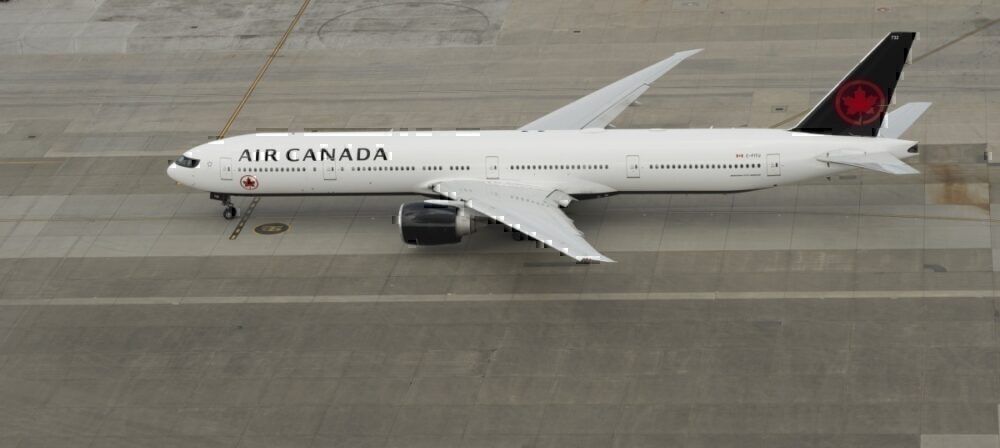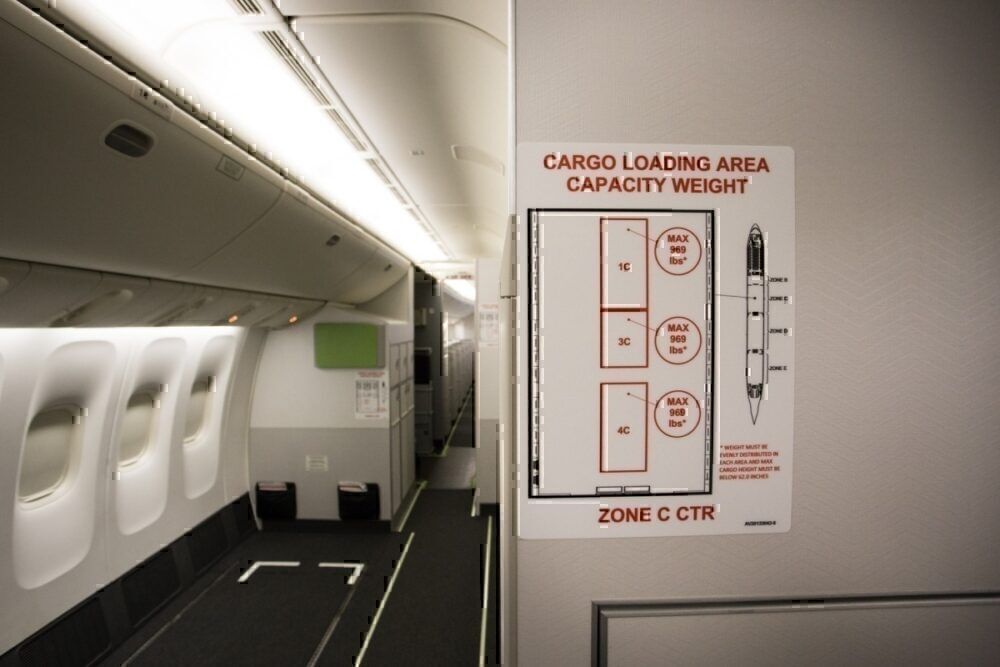**Update: 12/04/20 @19:19 UTC - Air Canada has responded with the registration numbers of the aircraft. Please read below. **
Today Air Canada has announced that it is updating its fleet of Boeing 777-300ER aircraft in order to use them for cargo. The airline has already completed the modifications on one of three 777 aircraft which will be used to transport urgent medical supplies to those in need. The airline is working with its cargo branch to turn the remaining aircraft around in six days.
Air Canada places its efforts into cargo modifications
In response to the coronavirus crisis, many commercial airlines are using their valuable assets for good. Parked planes that would otherwise sit gathering dust are now undergoing revamp in order to transport medical cargo. Air Canada's fleet is no exception. The Canadian air carrier has brought some of its Boeing 777-300ER aircraft back into service in order to deliver time-sensitive supplies. Air Canada will add these aircraft to a growing fleet of cargo aircraft that it will use during the coronavirus pandemic.
A few months ago, we covered just how passenger aircraft are converted into freighters. Since Air Canada's freighter modification is only temporary, the airline will unlikely be blocking out windows. However, the aircraft will undergo significant change in order to accommodate its new load.
These three 777s are being transformed in order to carry double the amount of cargo they would normally be allowed to. Air Canada will remove 422 seats on each plane, create loading zones and introduce netting. This is a tall order, especially when the turnaround time that Air Canada is working with is just six days.
That said, the airline has already completed one of its 777 cargo modifications. It is now working on the remaining two. The registrations for the aircraft are as follows:
- C -FIVX
- C-FNNQ
- C-FNNU.
A tight turnaround for a good cause
Whilst the turnaround time for Air Canada certainly sounds quick, time is of the essence at the moment. The aircraft will be transporting time-sensitive goods that warrant high levels of organization.
Speaking about the project, the Vice President of the cargo arm of Air Canada praised the work of the teams involved in developing these aircraft. He hopes that the inauguration of these aircraft will allow the airline to deliver goods even quicker than before. Effectively, Air Canada should be able to provide double the amount of supplies in half the time. Vice President Tim Strauss said:
"Bringing critical medical and other vital supplies rapidly to Canada and helping distribute them across the country is imperative to combating the COVID-19 crisis. The transformation of the Boeing 777-300ERs, our largest international wide-body aircraft. . .will enable more goods to move more quickly. The rapid transformation of some of our aircraft to meet cargo demand reflects our ability to maximize our fleet assets quickly when these aircraft would otherwise be parked."
Mr. Strauss concluded that the airline will complete the final two aircraft in the coming days.
How will the aircraft be used?
Providing all goes well and the project is completed on time, Air Canada already has specific plans for these aircraft. It says it has a schedule of 20 cargo-only flights per week. Some of these will be operated by the 777-300ERs.
It's clear that the addition of these aircraft will drastically increase the capacity of Air Canada's cargo branch. Since 22nd March, it's been able to complete 40 cargo flights. That's around 13 flights per week. With the addition of an extra seven flights per week and more cargo carried, this project will significantly boost the provision of aid for Air Canada and its partners.
The three Boeing 777-300ER aircraft will form part of an existing fleet of Boeing 787s that will respond with coronavirus aid.
Do you have a word of encouragement for Air Canada at this time? Let us know in the comments!

